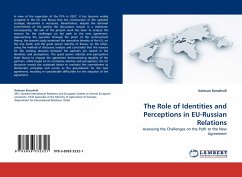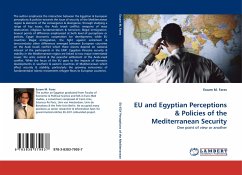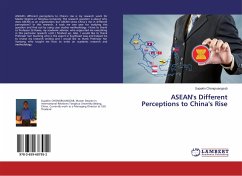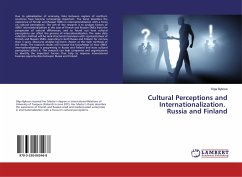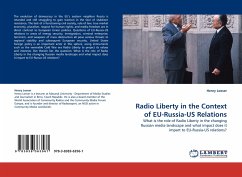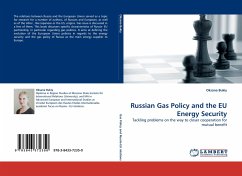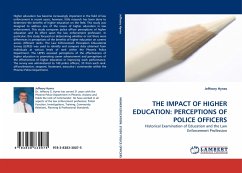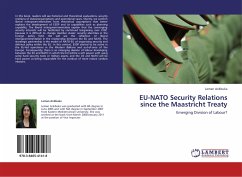In view of the expiration of the PCA in 2007, it has become widely accepted in the EU and Russia that the construction of the updated strategic document is necessary. Nevertheless, despite the declared commitment of the parties the discussions remain in a stalemate. Consequently, the aim of the present work has been to analyze the reasons for the challenges on the path to the new agreement. Approaching the question through the prism of the constructivist theory, the present study examined the normative identity of the EU, on the one hand, and the great power identity of Russia, on the other, using the method of discourse analysis and concluded that the reasons for the existing tensions between the partners are rooted in the identities and perceptions. The great power identity and perceptions leads Russia to request the agreement demonstrating equality of the partners, while based on its normative identity and perceptions, the EU discourse reveals the sustained desire to maintain the commitment to democratic principles and norms as the groundwork for the new agreement, resulting in considerable difficulties for the adoption of the agreement.
Hinweis: Dieser Artikel kann nur an eine deutsche Lieferadresse ausgeliefert werden.
Hinweis: Dieser Artikel kann nur an eine deutsche Lieferadresse ausgeliefert werden.

